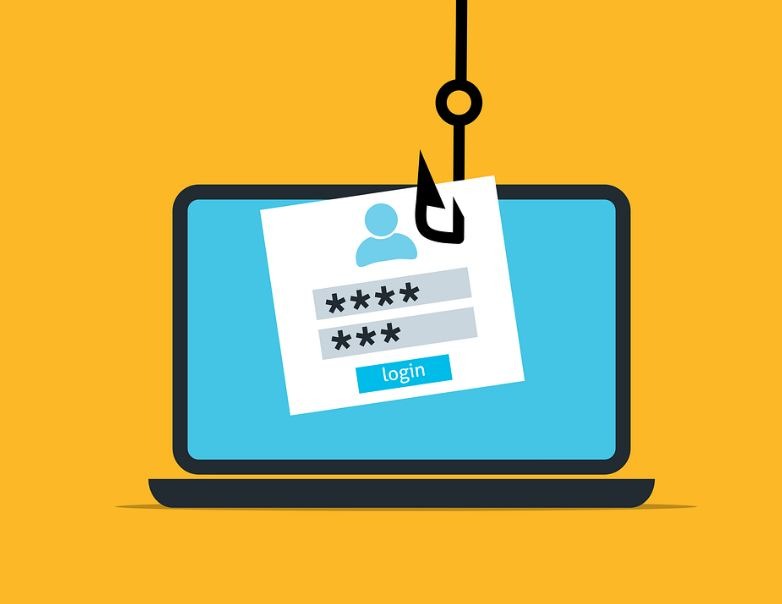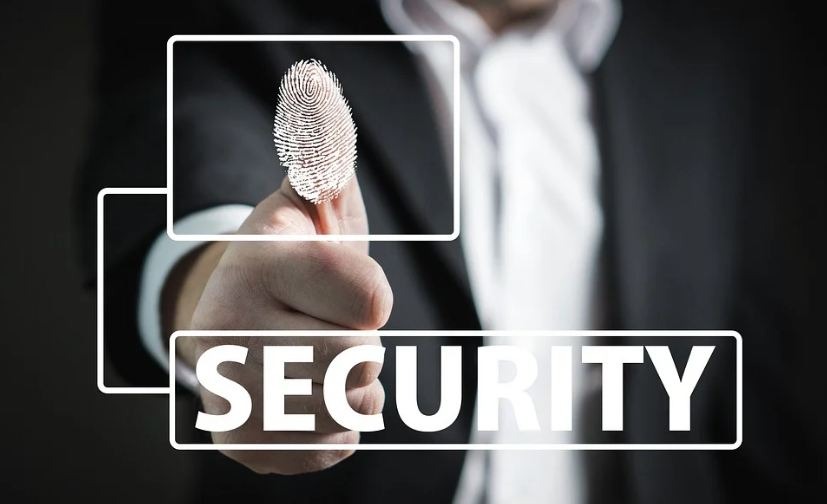The internet is regarded as one of the greatest inventions in history, but despite being innovative and beneficial in the advancement of societies, the internet has several weak points that are often difficult to fix. One of those weak points is its security, as some portions of the internet, specifically those found in the “dark web,” serve as hunting grounds for hackers and other types of criminals to find potential prey. Once these nefarious people have found prey, they would then try their best to steal information from their prey and use that information to do different kinds of crimes without being identified. This type of illegal activity is called identity theft.
Identity theft is a crime wherein the criminal uses information from other people to commit crimes. These crimes include using credit cards illegally or using another name to commit fraud. Because they steal identities, these criminals are usually difficult to find and identify, which is why identity theft is so prominent on the internet because of how effective it is. Fortunately, there are several companies and entities that are currently doing their best to provide protection for ordinary citizens against identity theft. To know more information, here are several details about identity theft protection.
What are the Different Types of Identity Theft?
Before we get into the intricacies of identity theft protection, we would first need to discuss the different types of identity theft so that you will know what kind of protection you would need for your identity and personal information. According to the non-profit organization called Identity Theft Resource Center, identity theft can be divided into five categories. Here are brief descriptions for each of those categories.
Criminal Identity Theft
Criminal identity theft occurs when a person apprehended by the police uses another person’s name and identification cards. This identity theft would then lead to the criminal still unidentified while the person that got his or her identity stolen will be wrongfully accused of a crime he or she did not commit. The person that got wrongfully accused would just be surprised that he or she is being summoned to court for having a suspended driver’s license or committing credit card fraud.
Financial Identity Theft
Financial identity theft is said to be the most common type of identity theft, as it is relatively easy for a criminal to get loans, goods, credits, and other types of service related to finance while claiming to have a different name or identity.
Identity Cloning
Identity cloning has a much wider scope compared to other types of identity theft, as the criminal using another person’s name or identity would continue to use the same information for his or her daily life. One of the most common occurrences of identity cloning is when an illegal immigrant hides his or her illegal status by claiming to be a natural-born citizen using another name. Another common occurrence of identity cloning is when someone online is deliberately hiding his or her name while talking to another person.
Medical Identity Theft
Medical identity theft usually occurs when a criminal uses another name or identity to receive medical care or medical insurance. Most of the criminals that commit medical identity theft would often lie about having a severe or debilitating medical condition in order to get insurance or drugs. There are also some criminals that would use another person’s insurance car to get drugs or medicine.
Child Identity Theft
Child identity theft is arguably one of the most dangerous types of identity theft, as it uses the identity of a child or a minor for crimes. The identity and personal information of children are highly valuable for experienced identity thieves, as the social security numbers of children don’t have that much information, so it is harder to trace, and it is technically a “blank canvas” for criminals to use.
How to Protect Yourself against Identity Theft
While identity theft is rampant in the real world and in the world of the internet, there are still several ways for us to protect ourselves against this crime, and these ways are also classified under “identity theft protection.” Here are the methods to protect yourself against identity theft.
Use Stronger Passwords
One of the effective ways to provide identity theft protection for your personal information online is to use stronger passwords, which may contain uppercase letters, numbers, and symbols. Through stronger passwords, hackers will have a much more difficult time accessing your personal accounts.
Add Fingerprint Identification
A much stronger identity theft protection than a complex password is fingerprint identification, which is harder to replicate since your fingerprints are truly unique. There are many apps today that use fingerprint identification, so take advantage of this feature to add more protection for your personal information.
Destroy or Shred Letters and Documents Related to Your Personal Information
It is important that you shred or destroy credit card or bank statements that would contain information about your identity so that no one else can get access to it. Most of us would often just throw those letters or statements into the garbage bin without shredding them, and this practice would often lead to other people reading those documents and stealing your personal information. So, always remember to destroy and shred those said documents after you read them.
Always Check Credit Reports
It is also essential to regularly check credit reports so that you can easily spot and report any suspicious activity on your credit card to your bank. You should at least check your credit reports every day, but if you are too busy, you can just check them once a week.
Stay Alert and Aware
Always stay alert and aware of any signs of potential identity theft online and outdoors. If there are any suspicious emails you have received on your Gmail account, it would be best to not click on them and delete them immediately, as these emails can often lead to phishing or spoofing. In addition, these emails can also contain malware, which would infect your computer and allow the hacker to access personal information through the device. Be aware of suspicious occurrences and stay away from them as much as possible.
Potential identity theft is fortunately easy to spot, so you can be a lot safer if you are just alert and aware of your surroundings and where you go around the internet. However, if you have experienced identity theft, it would be best to report it to authorities immediately so that appropriate actions can be taken against the criminal that used your identity or personal information.


